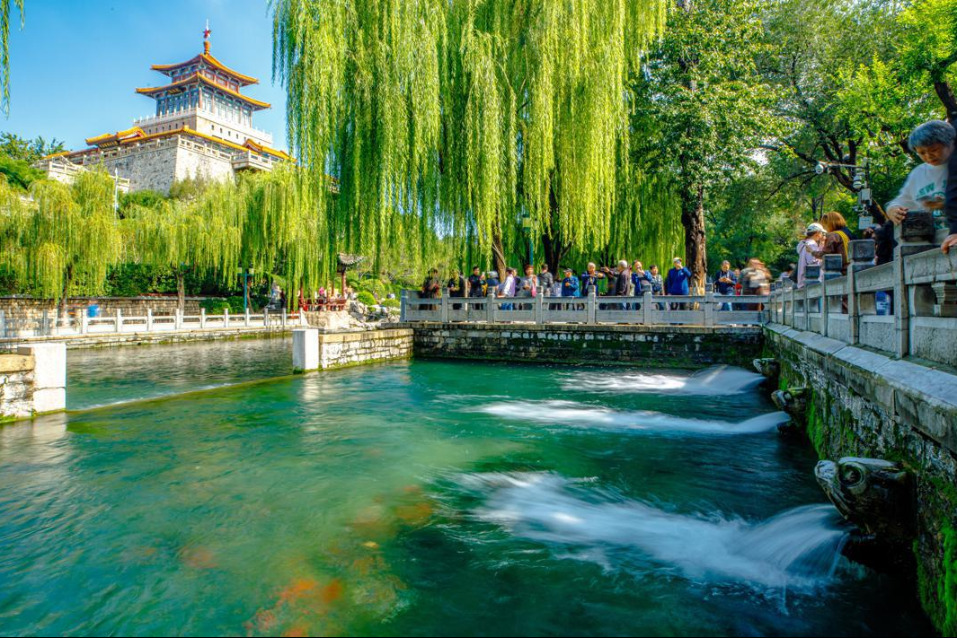Six sentenced for faking Universal Beijing Resort VIP services

Six people have been sentenced to prison terms ranging from 18 months to four years and fined a total of 3.7 million yuan ($519,202) for counterfeiting the service trademark of Universal Beijing Resort, according to prosecutors in the capital.
Details released by the people's procuratorate in the city's Tongzhou district, where the resort is located, said the case originated from complaints made by tourists to the resort's security guards and local police at the end of 2023. The tourists reported that they had purchased VIP service packages for the park from a third-party website but did not receive the promised services.
When prosecutors reviewed the website mentioned in the complaints, they found that its homepage displayed images and text trademarks identical to those on the official Universal Beijing Resort website, along with introductions to the park's attractions and the phrase "official guarantee" marked at the bottom of the page.
"Some tourists who placed online orders told us they thought it was the official website, as it looked very legitimate, so they didn't think too much and just made the payment," the prosecutors said.
The investigation found that the defendants, without authorization, uploaded images featuring the resort's registered trademarks to their self-made website and sold fake Universal Beijing Resort VIP service packages.
The packages, priced from several hundred yuan to as much as 6,880 yuan, imitated official offerings such as itinerary planning, exclusive tours and concierge services. The imitation led many tourists to mistakenly believe the website was an official sales channel, prosecutors said.
They added that the defendants received more than 1,000 orders through the fake website, generating total sales exceeding 6 million yuan.
Wang Meigui, one of the prosecutors responsible for the case, said the defendants used images and logos identical to those of the trademark holder, achieving a design highly similar to the official one.
Moreover, Wang said, the purpose, target audience and service locations of the defendants' business closely mirrored those of the trademark holder, increasing the likelihood of public confusion.
During the case review, testimonies from dozens of tourists confirmed that they had mistakenly believed the services provided by the defendants were offered through the official website, she added.
To further assess the nature of the infringement, prosecutors consulted experts and intellectual property scholars. The experts concluded that the services provided by the defendants were the same type as those offered by the trademark holder.
The prosecutors said protection of service trademarks has become a new battleground in the field of intellectual property, noting that as criminal methods evolve from counterfeiting goods to cloning services, such cases are becoming increasingly complex and difficult to detect.
In the fast-developing internet era, prosecutors said they will continue to collect evidence thoroughly and uphold equal protection for all parties in intellectual property cases, ensuring that each case is handled with high quality and efficiency.
- Six sentenced for faking Universal Beijing Resort VIP services
- Tianjin research team uses modern DNA tech to complete Haihe River fish census
- Role of higher education institutions in advancing UN goals highlighted
- Fungi-flavored drinks and snacks surge in popularity
- Nanjing launches 10th Chinese Parasol Tree Award
- China unveils details of investigation into cross-border telecom fraud ring




































